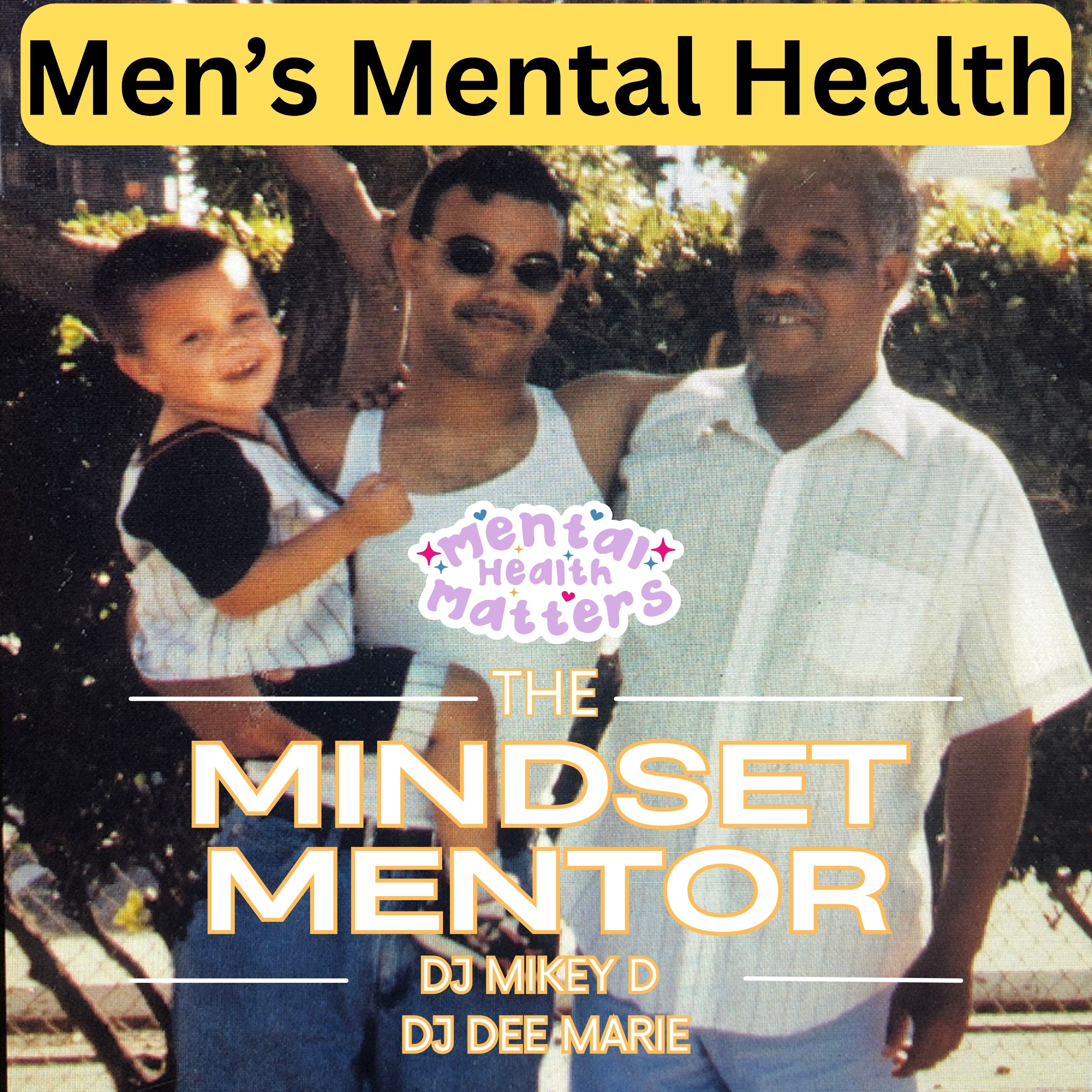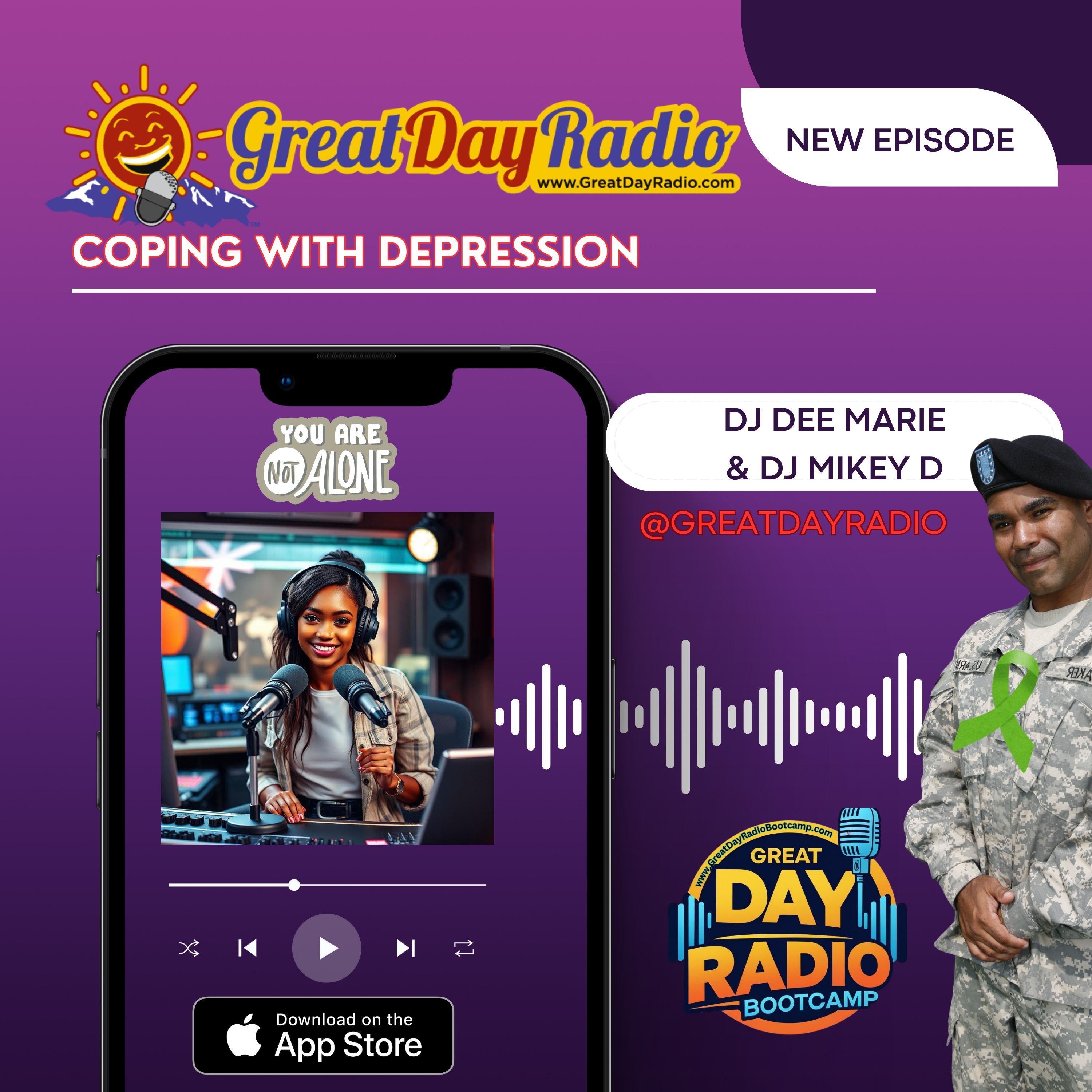
Why Are Men Dying Rather Than Talking?
Vulnerability is Strength: How Men's Mental Health Affects Our Communities
Men's mental health remains one of society's most critical yet under-discussed issues, particularly within the context of relationships and societal expectations. On our latest episode of Minds Unmasked, we delved into this crucial topic, examining how traditional masculinity norms create barriers for men seeking help and expressing vulnerability. The statistics paint a sobering picture: men are significantly less likely than women to seek mental health support, resulting in alarmingly higher suicide rates. This disparity highlights the urgent need for greater awareness, education, and destigmatizing around men's mental health issues.
The pressure to be "the strong one" in relationships often leads men to suppress their emotions, creating emotional distance that can undermine relationship health. When men feel unable to express vulnerability due to societal expectations, it creates a dangerous cycle of isolation. Healthy relationships fundamentally depend on open communication and emotional support, yet the prevailing cultural narrative continues to discourage men from showing vulnerability or acknowledging their emotional needs. Building supportive environments within relationships where partners feel safe expressing their feelings and normalizing emotional discussions can break down these harmful barriers and foster deeper connections.
Looking at men's mental health through a broader societal lens reveals persistent stigma that prevents many from seeking professional help. Education and awareness initiatives in schools and workplaces play a vital role in changing perceptions and normalizing mental health conversations. When influential public figures, particularly men, share their personal mental health journeys, it sends a powerful message that seeking help is a sign of strength, not weakness. These conversations are especially crucial within the Black community, where additional layers of complexity exist due to historical, cultural, and socioeconomic factors that compound mental health challenges.
Black men face unique mental health challenges stemming from systemic racism, economic barriers, and exposure to violence, all while navigating cultural expectations around masculinity that discourage showing vulnerability. Historical mistrust of mental health services due to past mistreatment creates additional barriers to seeking help. Within relationships, Black men may experience heightened pressures, with financial stability concerns (often exacerbated by systemic inequalities) placing strain on partnerships. Traditional masculinity norms can hinder open communication about emotional needs, making it difficult for partners to provide effective support.
The path forward requires a multi-faceted approach. Community-based interventions with cultural relevance show promise in addressing these issues. Programs centered on mentorship, peer support groups, and educational workshops provide valuable resources and create environments where men, particularly Black men, feel understood and supported. Representation matters significantly—when we see Black mental health professionals, mentors, and leaders speaking openly about mental health, it encourages others to do the same. By fostering open dialogues, reducing stigmas, and developing supportive networks, we can create an environment where all men can thrive both in their relationships and broader societal roles.





